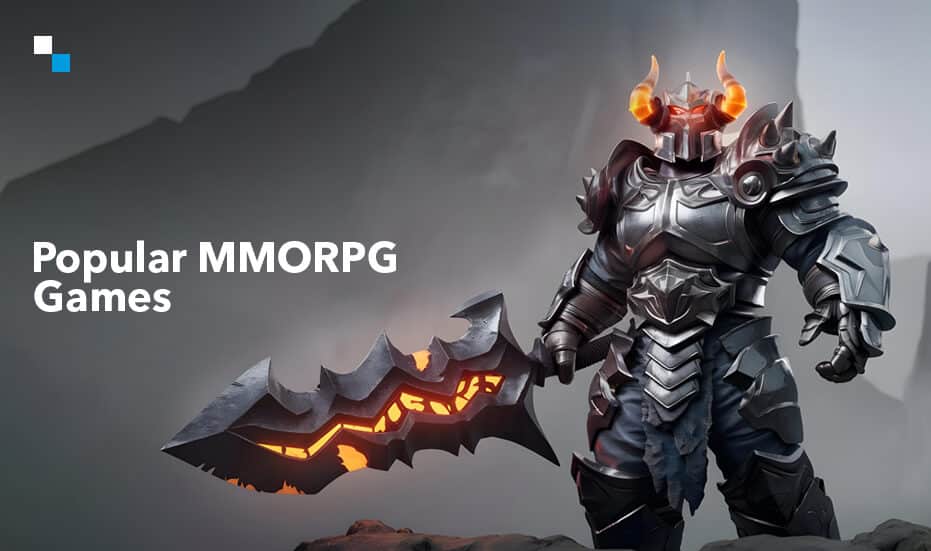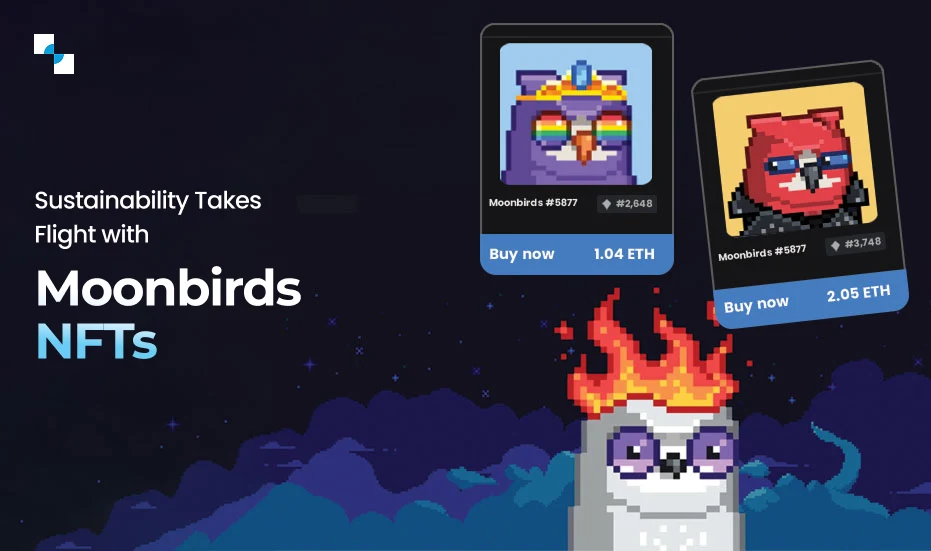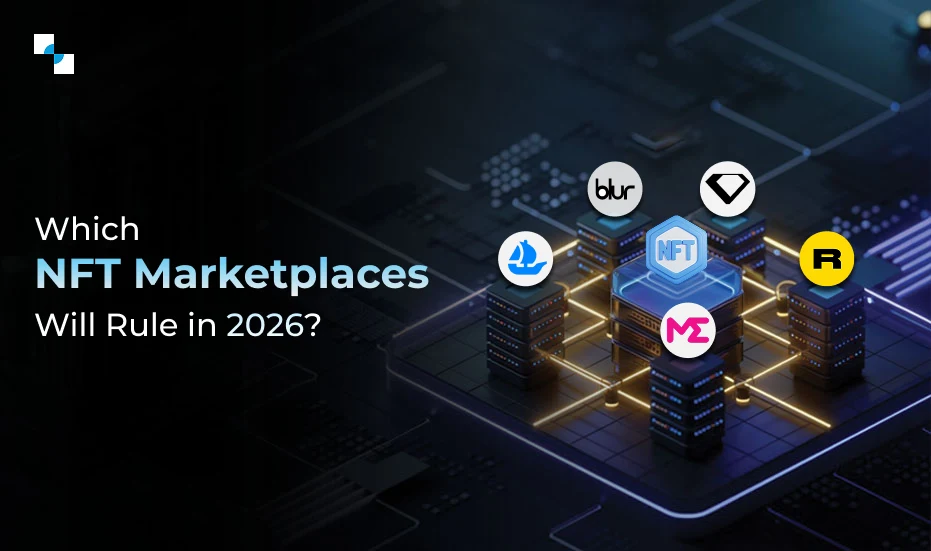MMORPGs, or Massively Multiplayer Online Role-Playing Games, have come a long way since their inception in the early 1990s. Pioneered by early games such as “MUD” (Multi-User Dungeon) and “NetHack,” this breed formed the basis for many all-engrossing online worlds of today. As technology grew, so did MMORPG game development, from text-based experiences to visually amazing 3D environments. In games like “Ultima Online” and “EverQuest,” players were thrust into massive, persistent worlds with other players, quests, dungeons, and social interactions.
By the 2000s, the madness of MMORPGs burst into a powerful new force with “World of Warcraft.” It quickly amassed a big following and even rooted itself within the subculture. The game set new standards for MMORPGs with an engaging story, multiple character classes, and so much end-game content. Since that day, the genre has only expanded and diversified, with developers experiencing other thematics, gameplay styles, and monetization models. MMORPG video games whisk players off to any number of fantasy and science fiction settings, promising literally unending possibilities for adventure and exploration.
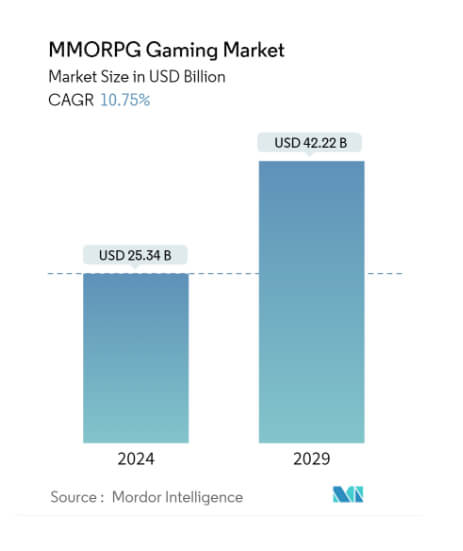
How do MMORPGs Differ From Other Online Games
MMORPGs are a rather different genre from the rest of online gaming, allowing for features of a class of their own. They are very much removed from first-person shooters, real-time strategies, and battle royale games. This comparison will take a look at some of the most essential features that make or break MMORPG game development.
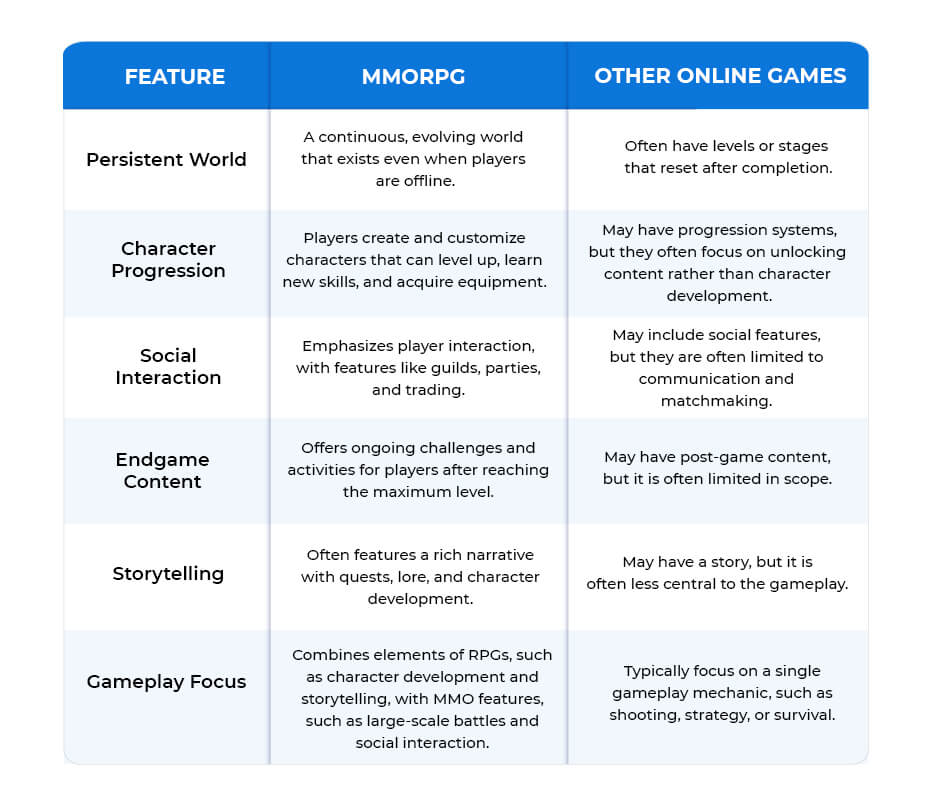
Key Features of Successful MMORPG Game Development Services
MMORPGs have been holding players in a tight grip for the last couple of decades with their vivid worlds, engaging gameplay processes, and a strong sense of communities. In view of the inclusion of many diverse aspects, developers have to take several things into consideration to come up with successful MMORPG game development services. Here are some key features that have helped a lot of popular MMORPGs make their great contribution:
1. Engaging Plot and World-Building
- Rich and full immersion into a vast, detailed world with lore and background information.
- Engaging quests and storylines that help force character progression.
- Dynamic and interactive environments reacting to the players’ actions.
2. Deep Character Customization
- Deep character customization options for looks, abilities, and playstyle.
- Meaningful systems of character progression rewarding effort and dedication
- Enough variety in character classes and archetypes to fit a number of playstyles.
3. Compelling Gameplay Mechanics
- Well-designed fighting system that is challenging yet rewarding, as crafted by a skilled MMORPG game development company.
- A variety of activities to engage in, such as PvP, PvE, crafting, gathering, and exploring.
- Social features for player interaction and cooperation.
4. Strong Community and Social Features
- Guilds and communities that create a feeling of belongingness and brotherhood
- Social features like voice chat, messaging, trading to further enhance communication.
- Events and activities run regularly to keep the community engaged and active.
5. Constant Updates and Support
- Constant flow of new content refreshing and renewing gameplay.
- Receptiveness to players’ feedback and help in solving emerging issues.
- Support team to ensure smooth gameplay.
6. Monetization Strategy
- Monetizing in a fair and balanced manner without pay-to-win systems
- In-game selling only of cosmetic features or items increasing comfort.
- Either subscribe or free to play with microtransactions across the MMORPG game development services space.
7. Marketing and Promotion
- Well thought out marketing campaigns that will enable the target audience to be reached.
- Effective online presence and community engagement.
- Influencer partnerships and integration with other gaming platforms.
Top 5 MMORPG Games
Massively Multiplayer Online Role-Playing Games, or MMORPGs for short, provide a magical mix of adventure, social abilities, and endless options. With millions of players from across the world, these games are going on to attract audiences of every age. Here is the list of the top 5 MMORPGs that have stood the test of time
1. World of Warcraft
- Developer: Blizzard Entertainment
- Known for: Its iconic fantasy setting, exciting raids and dungeons, and a large community.
2. Final Fantasy XIV
This is an action RPG with a heavy dosage of MMORPG elements. The game has 3D animated graphics, and it touts itself as a free-to-play with in-app purchases.
- Developer: Square Enix
- Known for: Rich storytelling, stunning visuals, and a strong emphasis on community and social interaction.

3. The Elder Scrolls Online
- Developer: ZeniMax Online Studios
- Known for: Open-world exploration, player housing, and a variety of playstyles.
4. Guild Wars 2
- Developer: ArenaNet
- Known for: Dynamic events, a unique “living world” system, and a focus on player choice and freedom.
5. Lost Ark
- Developer: Smilegate
- Known for: Quick combat, huge worlds that are full of variety, and key customization.
These are only some of the many wonderful MMORPGs out there. Each game is going to have a little something different, so be sure you give at least a few of them a try in order to find the one that best suits your needs.
Getting Started with MMORPG Game Development
Developing a massively multiplayer online role-playing game is a rather complex and ambitious task. It calls for technical know-how wedded to creative vision and deep gamer psychology.
1. Describe the core concept of your game:
- USP: What sets your MMORPG apart from all others? Was it the combat system, world-building, or social features?
- Target Audience: Who is the game being targeted toward? Knowing your demographic will be useful in catering to their interests through the game.
2. Designing the Game World:
- Setting: Choose a historical, futuristic, or fantasy type of setting that resonates with the immersive experience typical of MMORPG video games.
- Geography: Build vast and interesting worlds with different landscapes, cities, and dungeons.
- Lore: Develop an extended rich backstory and lore to set your world into motion and flesh out details.
3. Character Classes and Progression:
- Character Customization: Make the player have an avenue for detailed character appearance and attribute customization.
- Classes: Design distinctive classes with different skills and abilities.
- Progression: Leveling system, skill trees—these are things that will make a player interested in growing and developing continuously.
4. Combat System Development:
- Mechanics: Go for real-time or turn-based combat.
- Balancing: The challenge of combat should be exciting but not unfair.
- Variety: Offer different combat styles and weapons to suit all kinds of playing styles.
5. Design the Social Features:
- Guilds: Let the players group together and cooperate with each other in quests and raids.
- Communication: Voice and text chat for players communicating with one another
- Social Activities: House, marriage, and player-run events are some of the social features that should be there.
6. Game Engine and Technology Development:
Choose a game engine—the ones most used are Unity and Unreal Engine—based on your team’s skill set and the needs of your project.
- Networking: Set up a secure and robust networking base for having multiple players within the same game instance simultaneously.
- Scalability: Consider possible growth and the ability to expand your MMORPG game development services.
7. Develop Content and Updates:
- Regular Updates: Create a content calendar to keep the gamers spellbound and interested in your game.
- Quests and Raids: Design quests and raids challenging enough but rewarding.
- Events: Create seasonal events and competitions that will help retain players.
8. Testing and Iteration:
- Alpha and Beta Testing: Test to identify and squash bugs.
- Gathering Player Feedback: Getting feedback from players to improve the quality of a game
- Iterative Development: Be prepared to alter and adjust based on player feedback.
9. Launch and maintenance
- Marketing and Promotion: Create an MMORG video games marketing strategy that allows you to reach your target demographic audience.
- Post-Launch Support: And then it leads one to continuous support and updates in order to fix bugs and keep the players happy.
Hire the Top MMORPG Game Development Company
The future for MMORPG games has never looked brighter. With advancements in technology, players are asking for more immersive and engaging experiences. It is where virtual reality and augmented reality take MMORPGs to absolutely new levels of realism and sociability. If you are looking to cash in on this growing trend, then it is important to partner with an experienced MMORPG game development company like Antier. Finally, a good MMORPG game that is able to make revenues can be delivered with the help of our top development and design team.
With years of rich experience and an excellent record of achievement, our MMORPG game development company specializes in bringing any vision into reality. Beginning from the concept development stage to the final launch and beyond, our expert team will provide you with the best support and guidance. Be it the creation of a new MMORPG or renovation of an existing one, Antier is the MMORPG game development company that you can trust.


